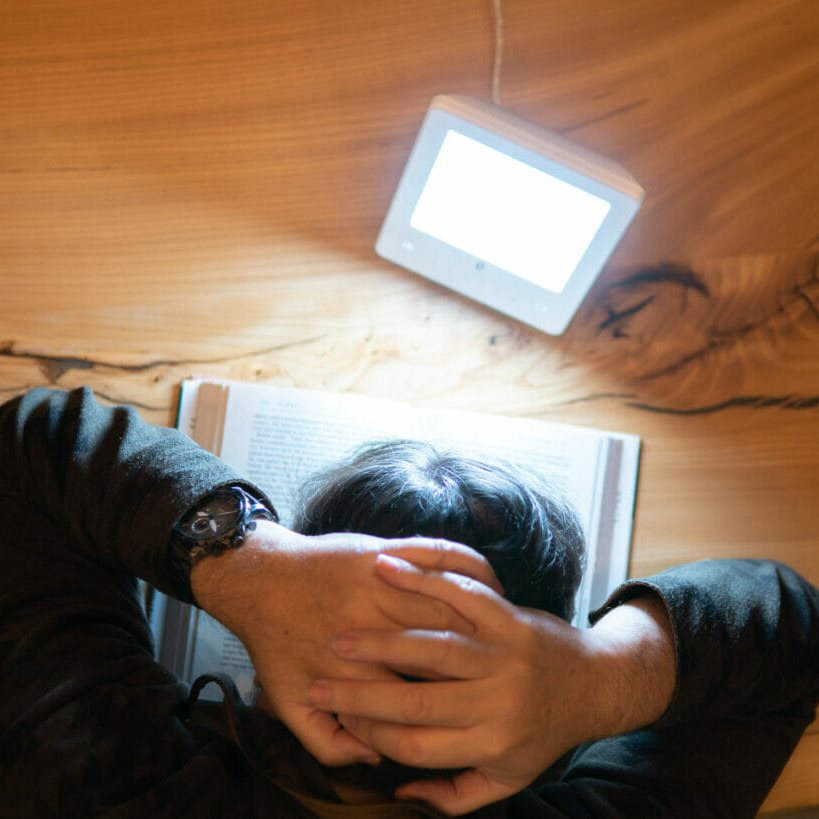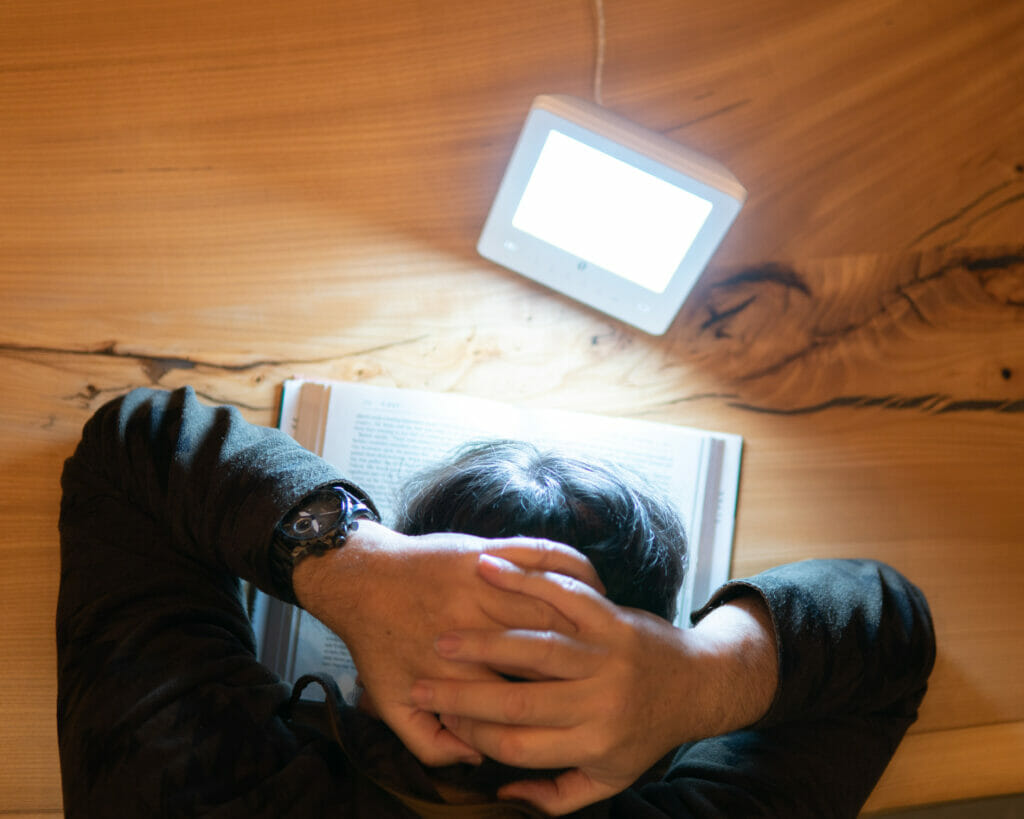
The kids aren’t all right
International students share mental health anguish amidst political turmoil

There’s no doubt everyone wanted to leave the chaos, unpleasantries and bad news behind in 2020. However, it does not seem like 2021 got the memo.
Even with vaccinations rolling out throughout the world, the COVID-19 pandemic continues to affect students’ lives. International students may have the extra burden of sitting through classes, completing projects and writing exams under less-than-ideal political situations in their home countries.
The Philippines
The Philippines has faced a human rights crisis since last July when their president, Rodrigo Duterte, signed the Anti-terrorism Act of 2020. While the act outlines that protests and dissent are not terrorist activities unless they cause harm or death to people, opponents worry the act violates freedom of speech. In June 2020, before the act was officially signed, more than 1,000 Filipino students and activists protested at the University of the Philippines Diliman against the act’s possible infringement on human rights.
Neo Ragsac, a second-year marine biology student at Dalhousie University who’s currently living in Toronto, says he’s worried about his friends and family in the Philippines. They have strong opinions about the act.
“Once in a while when I watch the news relating to protests regarding the [act] and the red-tagging of various institutions, it leaves a thump in the brain.”
Red-tagging is the Filipino government’s practice of targeting, and blacklisting people and organizations not supportive of the current government. There is currently a petition on Change.org with almost a million signatures to throw out the Anti-terrorism Act.
Turkey
Similarly in Turkey, students and activists have been protesting in support of the freedom of the academy and the LGBTQ+ community. In January 2021, the government appointed Melih Bulu as rector of a major university. Bulu, who shut down the university’s LGBTQ+ club, has ties to the ruling party of Turkey. Students have been protesting Bulu’s appointment as rector, which is a position usually elected by the university.
Turkey has an extensive history of political turmoil. In the words of Melis Erkan, a second-year medical sciences student at Dal who’s studying remotely from Turkey, “repetition of history in this country has tired people down.”
The continued oppression has affected millions of people in horrendous ways and left others with trauma.
“Turkey’s been being ruled by this one party ever since my generation was born, and we have been in an economic crisis as long as I can remember,” Erkan explains. The Justice and Development Party of Turkey has held power almost every year since 2003.
With the added pressure and dangers of COVID-19, tensions have been on the rise. The new wave of protests while hopeful, are also extremely draining to keep track of.
Erkan says, “I feel like my whole college experience, especially this year, has been not letting my grades fall, talking to a million different advisors to sort my life out as soon as possible, and leaving [the ability of] not worrying about the future for when I’m economically stable.”
Honduras
The Honduras government has been under fire about its response to the pandemic.
“While it is true that this country is already facing multiple political issues, rooting from systematic corruption and oppression, it cannot be said that the Honduran people did not have the tools ready for a pandemic of this level,” says Dal student Allan Rueda in an email to the Dalhousie Gazette. Rueda is in his first year of engineering and studying from Honduras. “The issue is not in the workers or in the financial side. It is in the root of it all: the government,” he says.
Many citizens are unhappy with the help, or the lack thereof, the government has offered in addition to their failure to upkeep public healthcare facilities.
“It is a common belief that you have a higher chance of getting the COVID-19 virus if you even get near [a public hospital],” Rueda says. Many Hondurans cannot afford private institutions or healthcare. Rueda believes the death toll has been high due to “the incompetence of the public healthcare system and its lack of proper fund distribution.”
“Witnessing all the unfairness, I have felt anger and rage built up,” he says.
Ecuador
Unfortunately, like many other countries, Ecuador has also been suffering from the pandemic while also trying to navigate its way through various political events.
“When the first wave hit, people’s bodies were quite literally piling up unattended in the streets of Guayaquil,” says Adrian Vásconez, a second-year math student at the Universidad San Francisco de Quito in Ecuador. He adds while “cases are still soaring in most of the country, sadly, many of us have gotten used to news of death, violence and corruption.”
Violence against the LGBTQ+ community and women has also been an important topic of discussion in Ecuador with many people taking the issue to social media.
“Ecuador’s society is profoundly influenced by Catholicism,” Vásconez says. “Many fundamentalist groups have taken it against feminist and human rights advocacy groups, blaming them for government’s corruption or even the pandemic. As a gay feminist man, it is sometimes quite triggering to wander in political news comments.”
There have been also reports of extreme violence in the prison system. During a February 2021 riot, 79 inmates were killed in four prisons, and many videos of the violent murders were posted online. While the riots were a result of rival gang conflict, some believe the government is also at fault for the lack of proper rehabilitation resources at prisons.
“These events further increase our anxiety over the future,” says Vásconez. “How can we focus on university assignments when it feels like our country is falling apart?”
India
On a slightly more positive note, Trisha Dhar Malik, a second-year University of King’s College journalism student from India, says she is “so proud with what’s happening in Delhi and with all the farmers in [her] home country finally demanding the kind of justice they’ve always deserved.” Farmers in India have been protesting against new agricultural laws they claim will lower farmers’ income and make them vulnerable to corporate exploitation.
Though happy to report how people are taking a stand, Malik adds “it hurts to be so far away [from Dal] in a time like this, and I constantly find myself spiraling about how I’m not doing enough.”
“As students all around the world, our job is now, as ever, to study, no matter how taxing it may seem at a time like this,” Malik says. “To talk about this, make sure this news doesn’t die out or go unheard, donate in ways that we can with time or money or by simply trying to find ways to raise awareness and just keeping talking about this important issue.”
While students might not constantly be able to see the light at the end of the tunnel, many have not given up on trying to create change.






